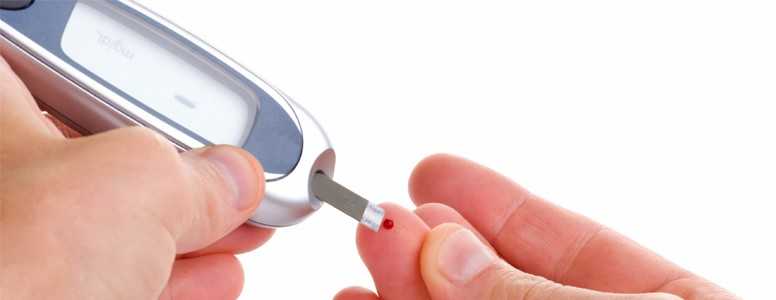An 11-year-old girl who suffers from frequent diabetic comas is hoping her new dog will help her regain independence.
Millie Law from Bishop’s Stortford has type 1 diabetes and is also hypo unaware, which means she does not know when her blood sugar levels are going dangerously low.
Speaking to the Herts and Essex newspaper, Millie’s mother Georgina said: “Her form of diabetes is very erratic and the trouble with Millie is, her blood sugar will fall to 2.3 mmol/l and she doesn’t even notice.”
Millie has tried using a continuous glucose monitor, but her mother said it was “far from fool-proof”, so they decided to find another solution in the form of a working dog that is training to be a hypo alert dog.
After more than four years searching for the right animal, the Hypo Hounds charity came to the schoolgirl’s rescue. Coco, the cocker spaniel, is being trained so it can detect signs of hypoglycemia on Millie’s breath before it happens.
Georgina said: “Each time Millie’s blood sugar goes too low or high, she breathes on Coco and we make a fuss of her and give her a treat. She learns she gets a reward.
“The monitor tells us what is happening, when she is already having a hypo. Coco will alert us up to half-an-hour before it happens.”
Millie said: “She will give me independence. I will live more and have my first sleepover. I will have the confidence to stay away from mum and dad. I’m too scared right now.”
It will cost £8,000 to fully train Coco, which is why the family have launched a fundraising campaign for Hypo Hounds, which is being supported by the Paula Carr Diabetes Trust.
Charity CEO and founder Jane Pearman said: “We are delighted to welcome the Law family on to the Hypo Hounds programme and have already supported them sourcing the right dog for them.
“We currently have seven dogs in training and one fully qualified and all the dogs are alerting to their owners and already potentially saving lives.”
It is possible for people with type 1 diabetes to improve their hypo awareness. Diabetes.co.uk has created the Hypo Training Program which helps people to better understand hypos and prevent them from happening.
What's new on the forum? ⭐️
Get our free newsletters
Stay up to date with the latest news, research and breakthroughs.




